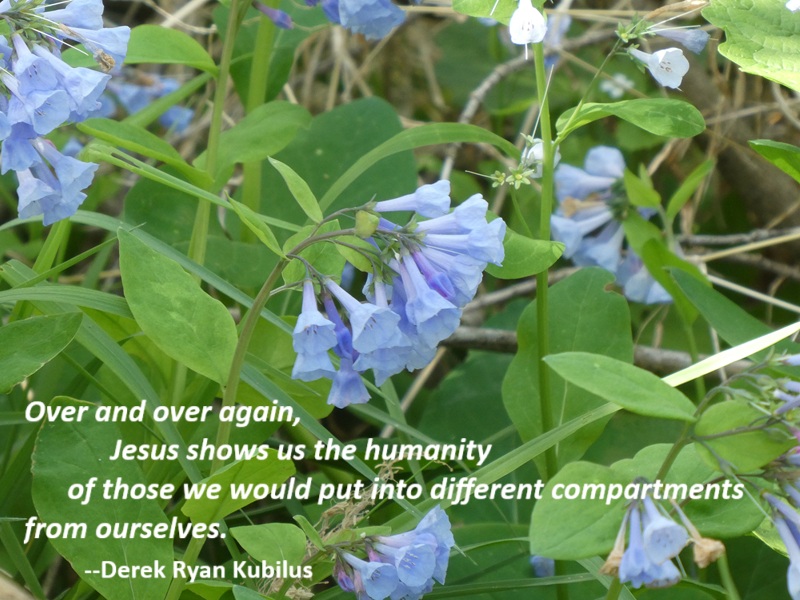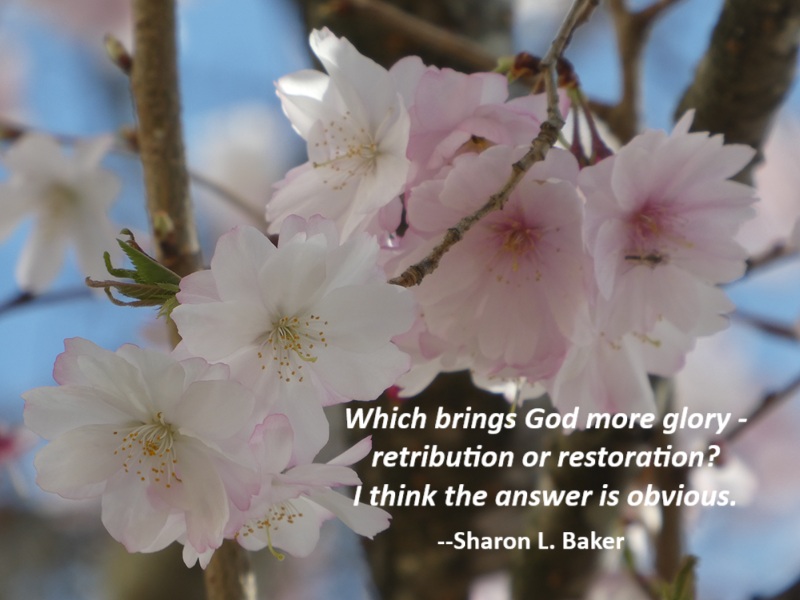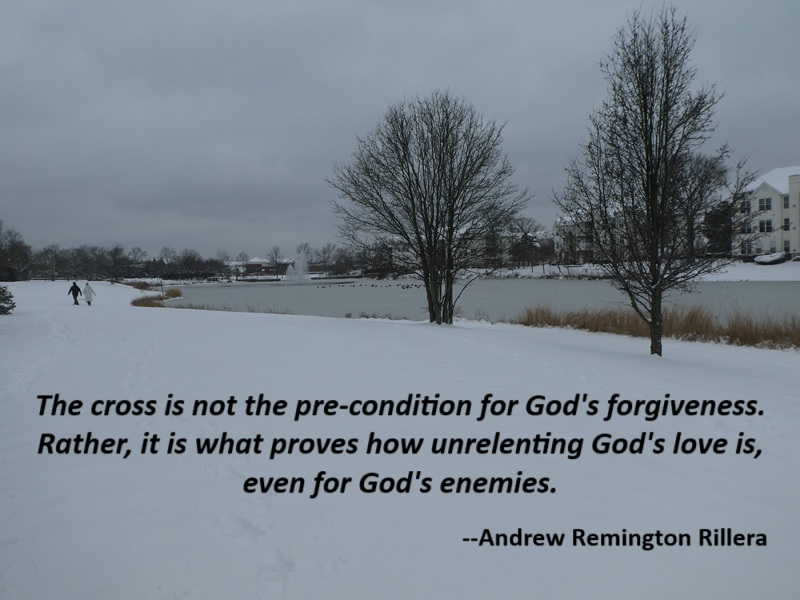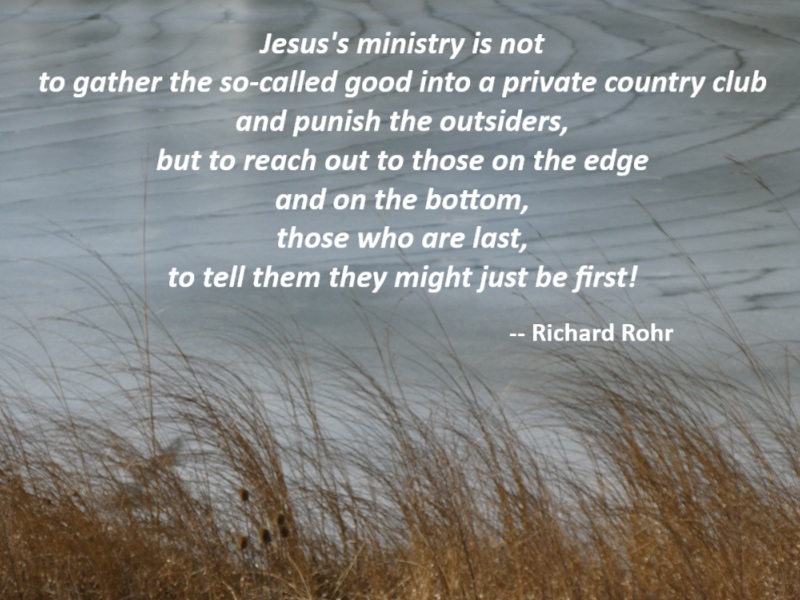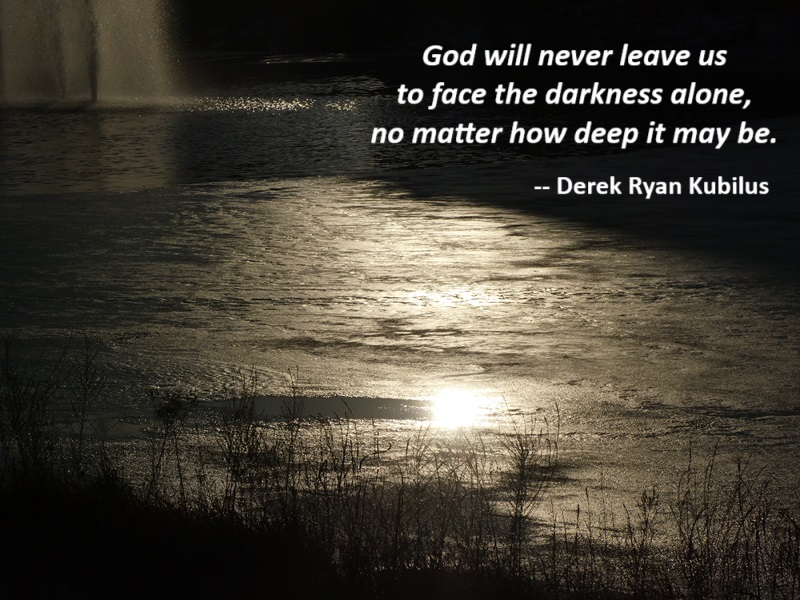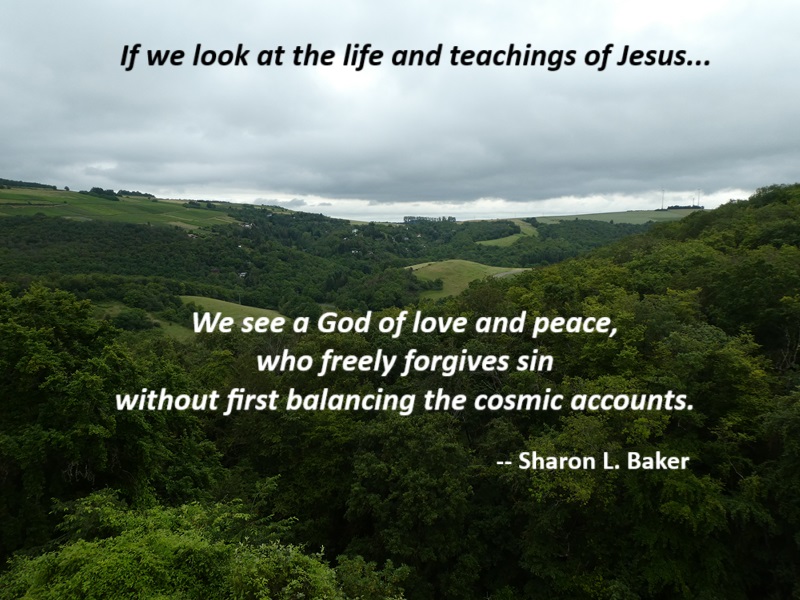We All Have a Place
Over and over again, Jesus shows us the humanity of those we would put into different compartments from ourselves. He reminds us that our fellow brothers, sisters, and siblings are not so easily categorized and separated. To one another, we should not be enemies to be defeated, resources to be exploited, or infidels to be converted. We all belong to one another as one family, and we all belong to God as a heavenly Parent. So it only follows that we would all have a place through God’s gate and at God’s table, no matter how long it takes for us to get there.
–Derek Ryan Kubilus, Holy Hell, p. 91
Photo: Bluebells at Bull Run Regional Park, Virginia, April 18, 2025
